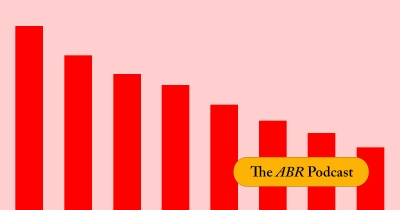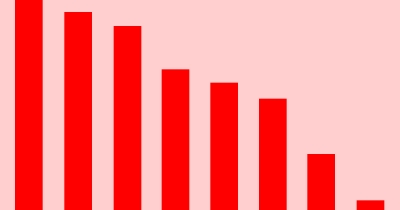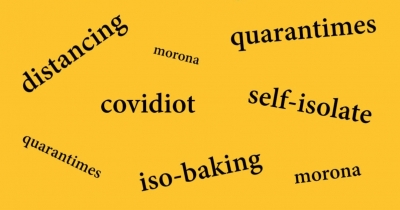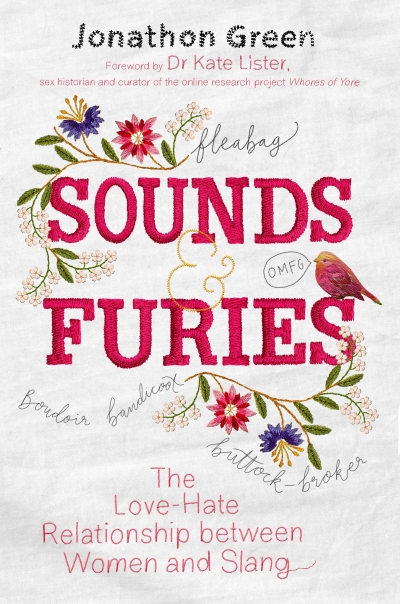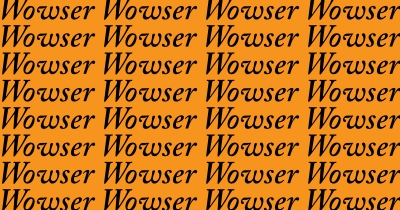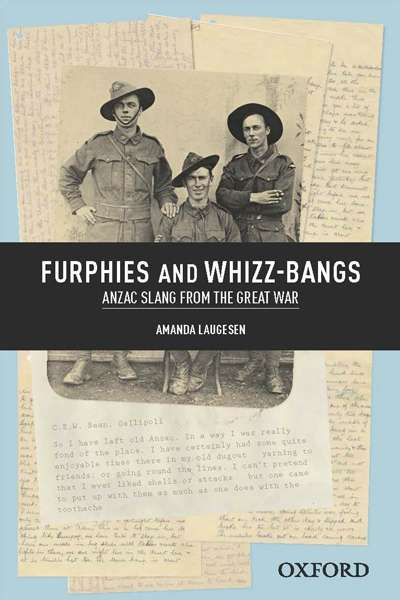Accessibility Tools
- Content scaling 100%
- Font size 100%
- Line height 100%
- Letter spacing 100%
Amanda Laugesen
The ABR Podcast
Released every Thursday, the ABR podcast features our finest reviews, poetry, fiction, interviews, and commentary.
Subscribe via iTunes, Stitcher, Google, or Spotify, or search for ‘The ABR Podcast’ on your favourite podcast app.
‘Where is Nancy?’ Paradoxes in the pursuit of freedom
by Marilyn Lake
This week on The ABR Podcast, Marilyn Lake reviews The Art of Power: My story as America’s first woman Speaker of the House by Nancy Pelosi. The Art of Power, explains Lake, tells how Pelosi, ‘a mother of five and a housewife from California’, became the first woman Speaker of the United States House of Representatives. Marilyn Lake is a Professorial Fellow at the University of Melbourne. Listen to Marilyn Lake’s ‘Where is Nancy?’ Paradoxes in the pursuit of freedom’, published in the November issue of ABR.
Recent episodes:
Language has always been shaped by the times. In today's episode, Amanda Laugesen, Director of the Australian National Dictionary Centre, reveals how the national vocabulary has been transformed by recession, depression, financial crises, and periods of high unemployment. A list to which we sombrely might add the current pandemic.
... (read more)Financial crises, recessions, and times of high unemployment have periodically affected Australia. They have also shaped our vocabulary. The first recording of the iconic Australian word battler, in the sense of a person who struggles for a livelihood, was in 1896 by Henry Lawson in While the Billy Boils. The ‘swagman, itinerant worker’ sense of battler was first recorded in 1898. The verb to battle in the sense of ‘to struggle for a livelihood’ was first recorded in the 1880s, and in the sense of ‘to seek to subsist while seeking employment’ from the 1890s.
... (read more)The Covid-19 pandemic has affected all our lives, and little else has featured in the media for weeks. Unsurprisingly, this has led those of us who work with words to track the language of the pandemic (coronaspeak) closely. Here at the Australian National Dictionary Centre (temporarily WFH, of course), we have been compiling a database of the words emerging from the pandemic; from anti-lockdown protest to zumping (being dumped via Zoom), the Covid-19 isolation lockdown has generated its own vocabulary.
... (read more)Sounds and Furies: The love–hate relationship between women and slang by Jonathon Green
As I write this, Canberra is once again under threat from the Orroral Valley fire south of the city. This comes after a summer of intense and incredibly destructive bushfires and, for Canberra, endless days of smoke haze, followed by a damaging hailstorm. The coronavirus also dominates the daily newsfeeds as a global health emergency takes hold.
... (read more)Lexicographers, especially historical ones, are always interested in the way words fall in and out of fashion. But while we spend a lot of time tracing the first usage of a word and trying to figure out its origins, we pay much less attention to when or why a word falls out of common usage.
... (read more)Sidney (Sid) J. Baker (1912–76) is undoubtedly one of the most influential figures in the history of Australian slang lexicography. Born in New Zealand, Baker worked in Australia as a journalist, writing for publications such as ABC Weekly, The Daily Telegraph, and The Sydney Morning Herald. He was also the author of a number of books about Australian slang, one of which is A Popular Dictionary of Australian Slang (1941).
... (read more)Furphies and Whizz-Bangs: ANZAC slang from the Great War by Amanda Laugesen
There was a recent flurry of Australian media interest in the wake of the publication of a new edition of the Dictionary of Contemporary Slang, edited by Tony Thorne. Thorne only added a small number of new Australian slang termsto the new edition: ‘ort’, buttocks; ‘tockley’, penis; and ‘unit’, defined as a bogan. The apparent lack of new Australian slang terms was a cause of some anxiety: did it indicate we were losing our famed linguistic inventiveness? Was it a sign of our maturing as a nation? Or did it mean that Americanisms had finally taken over our language?
... (read more)In a 2011 lecture, David Crystal, a leading authority on the English language, spoke about the possibility of a ‘super-dictionary’ of English – a dictionary that would include every word in global English. Such a dictionary was, he acknowledged, a ‘crazy, stupid idea’, but an idea that seemed somehow possible in the electronic age, where the constraints of print no longer apply.
Dictionaries in the mould of Samuel Johnson’s A Dictionary of the English Language (1755) and James Murray’s Oxford English Dictionary (OED, first volume 1884) have shaped our understanding of what a dictionary is. Dictionaries of the twentieth century, from Webster’s to the Chambers Dictionary to the Macquarie Dictionary to the Australian Oxford Dictionary, have followed in their footsteps.
... (read more)

